Psychosocial hazards can create stress in the form of psychological or physical harm. If workers are stressed often and over a long time, or the level of stress is high, it can cause harm. Psychological harm may include anxiety, depression, post-traumatic stress disorder and sleep disorders, while physical harm may include musculoskeletal injuries, chronic disease and fatigue related injuries.
Common psychosocial hazards which could cause harm while undertaking agricultural work, include:
- job demands, for example during harvest time
- low job control, for example, where weather impacts your ability to work
- poor support, for example inadequate training
- remote or isolated work
- poor physical environment, for example when working long hours in hot conditions
- violence and aggression
- bullying
- harassment, including sexual harassment, and
- conflict or poor workplace relationships and interactions.
Safety measures to control psychosocial risks include:
- having regular breaks
- staying in regular contact with workers in remote or isolated locations
- giving workers the things they need to do their work safely, such as safe equipment and sufficient training
- outlining key tasks, responsibilities and expectations clearly
- regularly consulting with workers to keep them informed and protected
- avoiding exposing workers to traumatic events, and
- preventing workplace violence and aggression, bullying and harassment, and controlling harmful behaviours.
| PCBUs: | Workers: |
|---|---|
| As a person conducting a business or undertaking (PCBU), you must eliminate or minimise psychosocial hazards in the workplace so far as is reasonably practicable. | Your PCBU must eliminate or minimise psychosocial hazards in the workplace so far as is reasonably practicable. You also have a duty to take reasonable care of your safety and that of others in the workplace. |
See Part 3.2, Division 11 of the model WHS Regulations for more information.
For more information:
- Mental health
- Model Code of Practice: Managing psychosocial hazards at work
- Infographic – Managing psychosocial hazards at work
- What psychosocial hazards sound like
- Preventing workplace sexual harassment guide
- Preventing workplace sexual harassment – guidance for small business
- Workplace sexual harassment – advice for workers
- Preventing workplace violence and aggression guide
- Workplace violence and aggression – advice for workers
- Family and domestic violence at the workplace – information sheet
- Guide for preventing and responding to workplace bullying
- Dealing with workplace bullying - a workers' guide
- Farming Not Harming - Creating a Safe, Healthy and Productive Farm - Farmsafe

